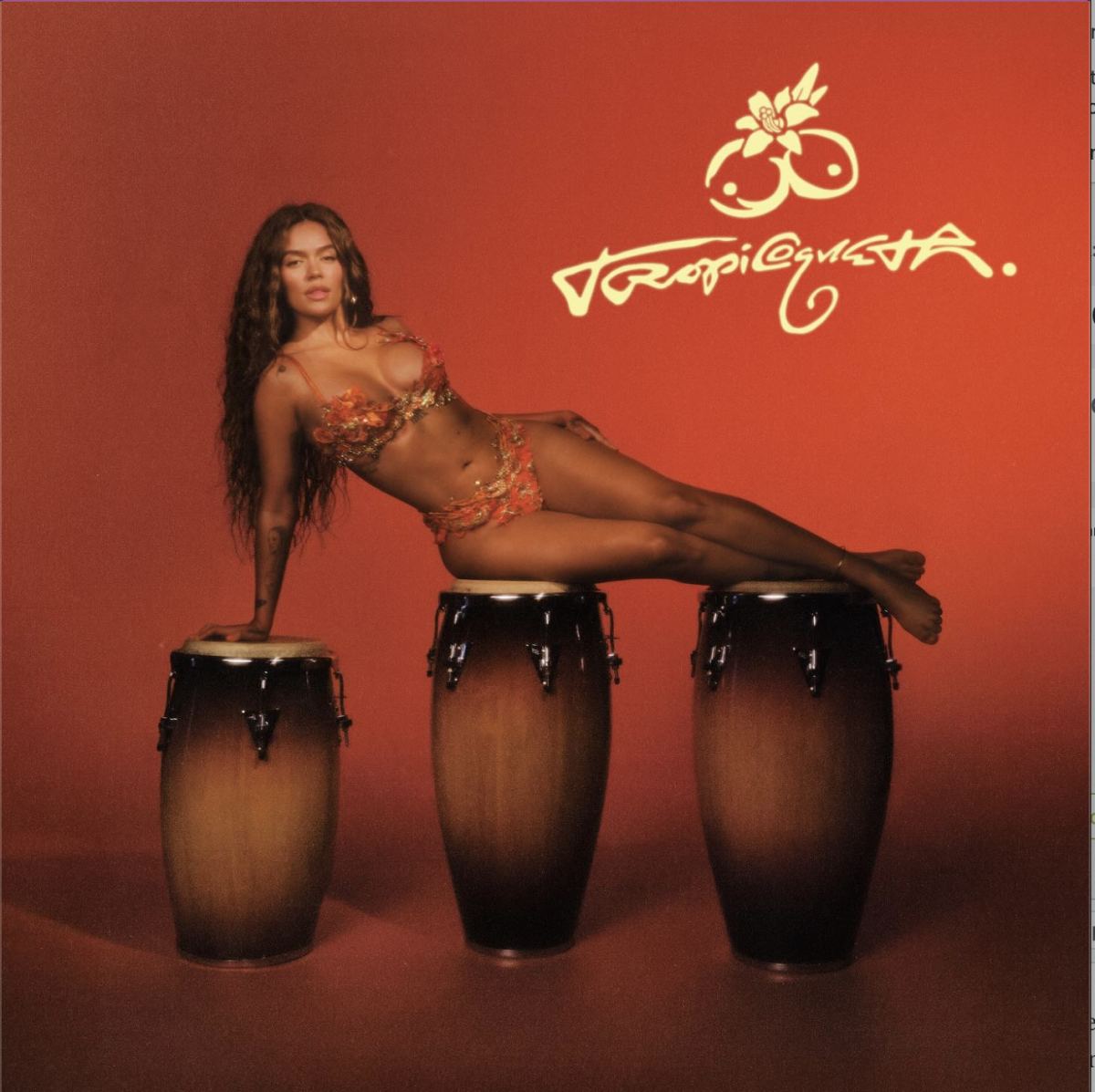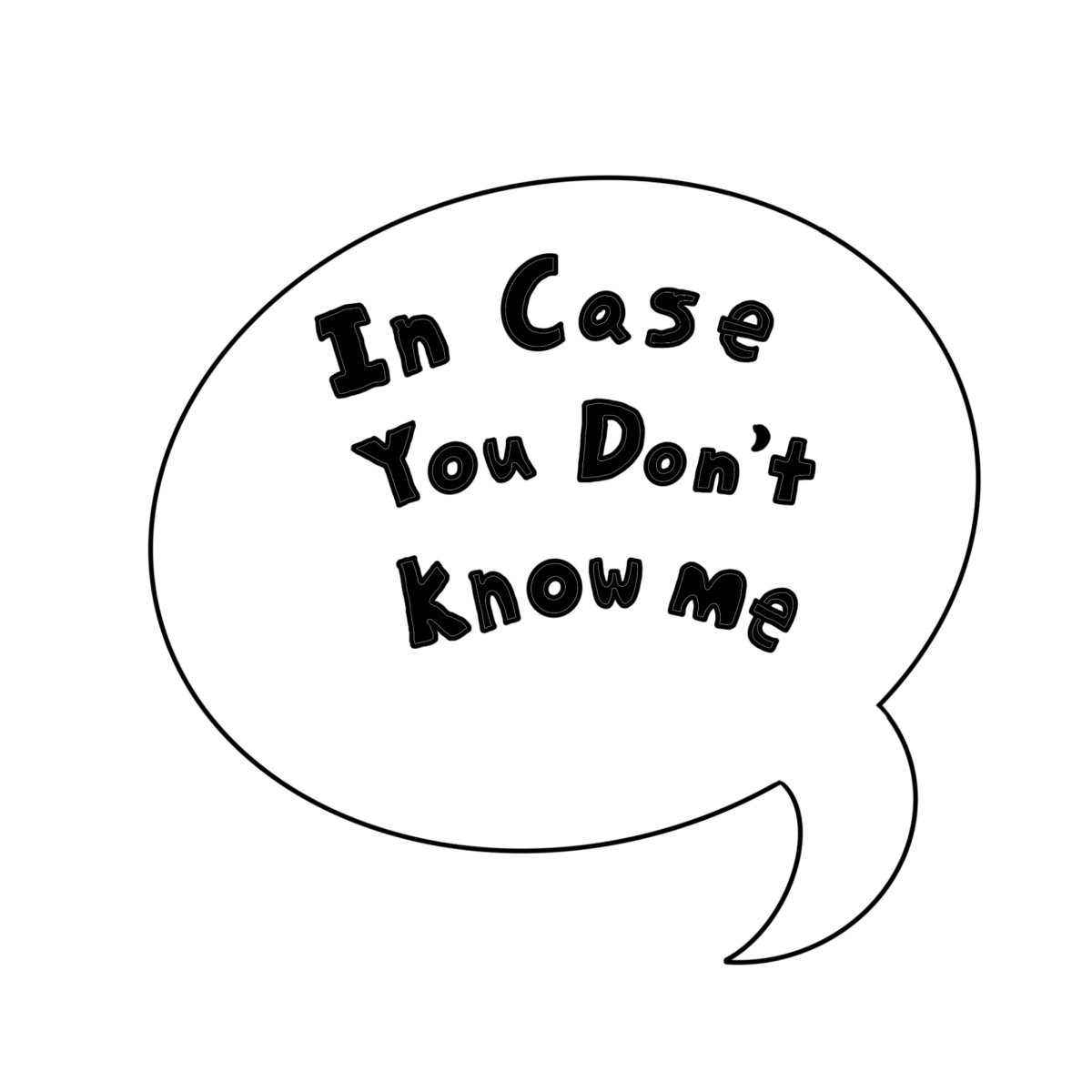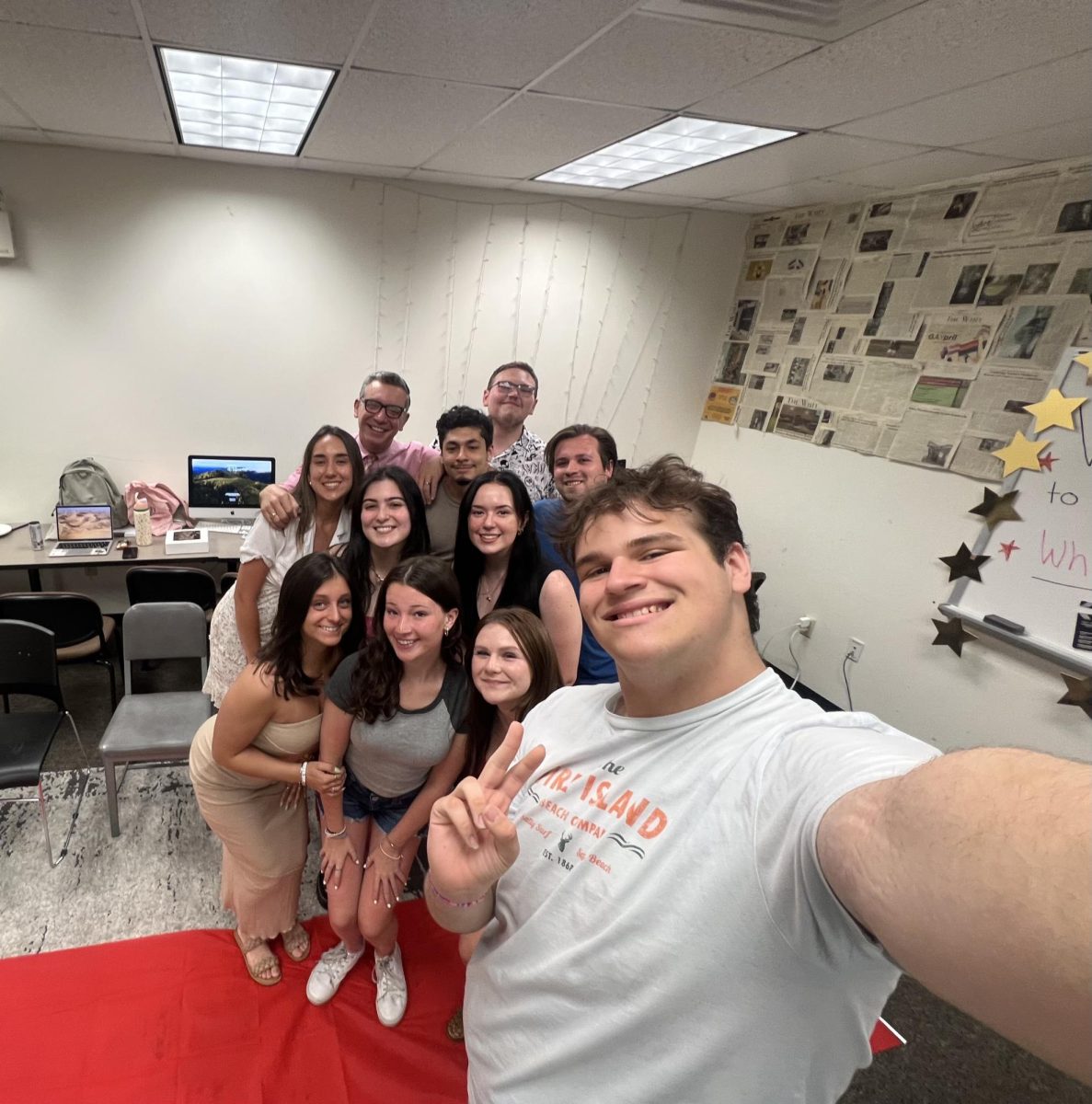Most people don’t know you. I’m a first-year student at Rowan this semester and even today I was surprised to hear some friends calling my name from across a parking lot. To my surprise, some people know me around here. But sometimes, it doesn’t feel like it.
Apparently, that’s not the case for a lot of my peers. If you’ve ever watched a college student give a presentation, it probably opened with the words, “In case you don’t know me, my name is…”
Well, I’m incredibly grateful they thought of the mighty few of us who have no idea who they are. What would I ever do if these people didn’t introduce themselves?
Sarcasm aside, it’s an incredibly overused opener, and presumptuous to boot. In a room full of people in the same major as you, how many do you actually know?
An NPR article about college friendships covers the various styles of friend networks, as well as the number, with a range of 13-20 depending on the type of network you keep.
Considering these numbers, it seems fairly unreasonable to assume that in a hall full of people, especially a group that is first meeting, the chances of someone knowing you are high.
Of course, there are acquaintances and colleagues. This NPR article doesn’t necessarily take into account the people we know but don’t regard as friends. So maybe it’s not as presumptuous as I once thought.
What about this phrase is so irritating to me then?
Maybe it’s the delivery. Sometimes, the tone this phrase is spoken in can lend itself to a feeling of disingenuousness. The people saying “in case you don’t know me” are usually addressing a group. It’s supposed to give the impression of potential friendship without any of the follow-through.
In the last eight weeks, I don’t think I’ve communicated with someone after a presentation (with the exception of writing articles for The Whit). We haven’t become friends or even acquaintances. Knowing their names only helps me to identify them if I see them in the wild.
“Hey, there’s that person who’s president of [insert club/organization/frat.]”
It’s frustrating to hear someone introduce themselves in a way that is supposedly meant to lend itself to friendship at a time when that’s exactly what I’m looking for, knowing that what they really mean is people already know them.
“In case you don’t know me” is code for “I am known already.”
I may be in the minority when it comes to people who are analyzing the semantics of presentation intros, but the way people present themselves is important whether or not it’s subject to linguistic scrutiny.
That’s why, I encourage anybody who is addressing a crowd, especially one that has people they’ve never met before, to skip the niceties. Say your name, and then let whatever you’re presenting speak for itself.
My name is Lily, and I write articles for The Whit.
For comments/questions about this story DM us on Instagram @thewhitatrowan or email [email protected]

























































































































































!["Working with [Dr. Lynch] is always a learning experience for me. She is a treasure,” said Thomas. - Staff Writer / Kacie Scibilia](https://thewhitonline.com/wp-content/uploads/2025/04/choir-1-1200x694.jpg)










































